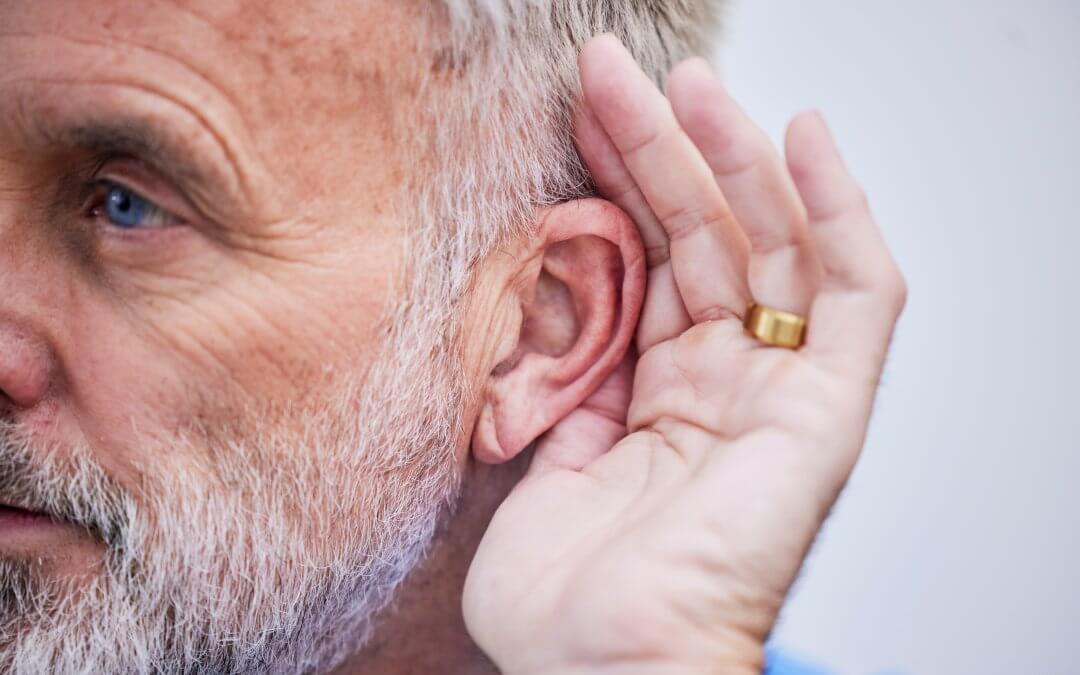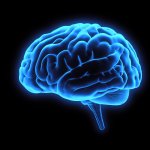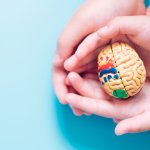The first in-human trial of a stem cell therapy to treat hearing loss is due to begin later this year in the UK, after receiving MHRA approval. The trial will test whether the treatment is safe, as well as evaluate its effects on auditory function.[1]
What is hearing loss?
As the name implies, hearing loss is a loss of hearing ability, whether partial or total. Sensorineural hearing loss is the most common form of hearing loss, accounting for about 90% of all adult cases.[2] This type of hearing loss is caused by problems either with inner ear structures or with the auditory nerve, and can vary in severity depending on the degree of damage. Common causes include regular exposure to loud noise, as well as ageing.[3] 1 in 3 adults over 65 have hearing loss;[4] by the age of 70, this is estimated to increase to 2 in 3.[5]
The WHO estimates that over 1.5 billion people, or nearly 20% of the world’s population, have some level of hearing loss. Moreover, 430 million of these have hearing loss severe enough that it is classified as disabling. By 2050, this number could increase to over 700 million people.[6]
Some hearing loss, particularly that caused by exposure to loud noise, can be prevented. Once the ear is damaged, however, the hearing loss is permanent. There is no treatment currently available that can reverse the damage. Instead, hearing aids can be used to make sounds louder and clearer, reducing the impact of hearing loss on everyday life.[3] For particularly severe cases of hearing loss for which hearing aids do not help, hearing implants such as cochlear implants are also available.[7]
What will the trial entail?
The stem cell therapy being tested, called Rincell-1, is made of specialised, laboratory-grown auditory neuron cells. These cells can potentially grow into auditory neurons and improve hearing. This has already been tested in laboratory and in animal studies.[8]
The therapy, delivered in partnership with NHS cochlear implant programs in the UK, will be given together with a cochlear implant. A total of 20 patients will take part in the trial, split evenly into two groups based on the condition causing their hearing loss. Half the patients enrolled will have age-related hearing loss, while the other half will have postsynaptic auditory neuropathy, a condition in which the transmission of signals to the brain through the auditory nerve is disrupted. In each group, six patients will be randomly assigned to receive the therapy in combination with a cochlear implant, while the other four will receive a cochlear implant alone.[9]
The trial is due to begin in autumn 2025, and will follow patients for up to 52 weeks after receiving treatment.
The road towards treating hearing loss
The specific therapy being tested in this trial is using lab-grown neuron cells as a one-size-fits-all approach. There is, however, no guarantee that this will provide a full therapeutic benefit, as when implanting cells that are not a perfect genetic match to the patient receiving them there is always a chance of rejection. Therefore, access to such a therapy, once one is perfected in the future, could depend on having a source of perfectly matching stem cells. This could be the case not just for hearing loss treatment, but also for many other diseases and conditions for which a cure is still being sought and developed. To learn more about how you could preserve a perfectly matched source for your baby, complete the form below to receive your free guide.
References
[3] NHS (2021). Hearing loss. https://www.nhs.uk/conditions/hearing-loss/
FIND OUT MORE, REQUEST YOUR WELCOME PACK TODAY
All you need to know to make an informed decision.
Provide your contact details to request:
– Complete Welcome Pack and Parent’s Guide
– Information via email
– Contact from our specialist advisors









